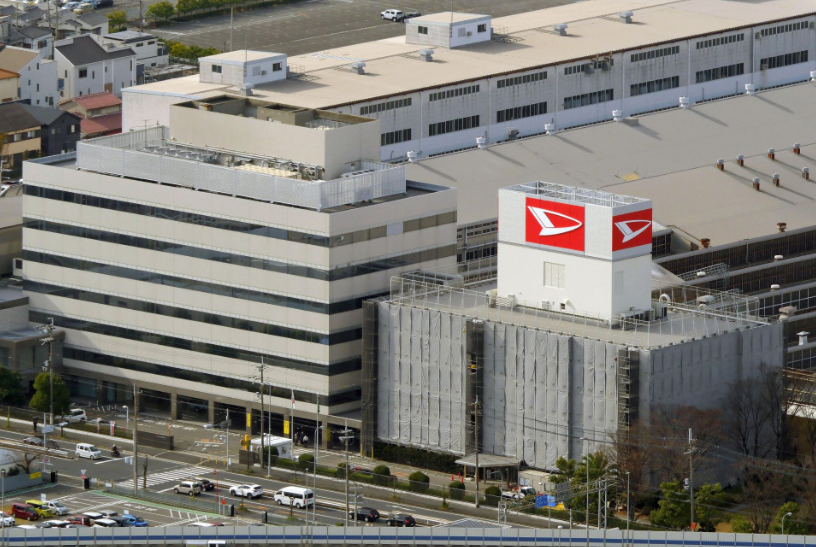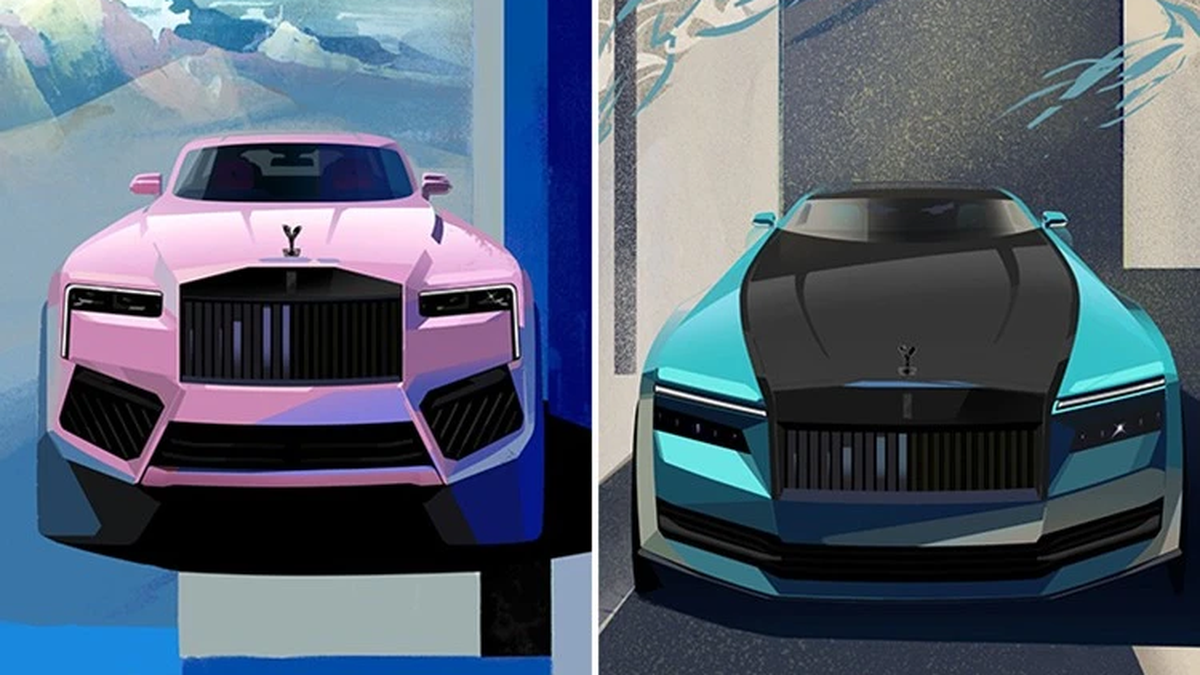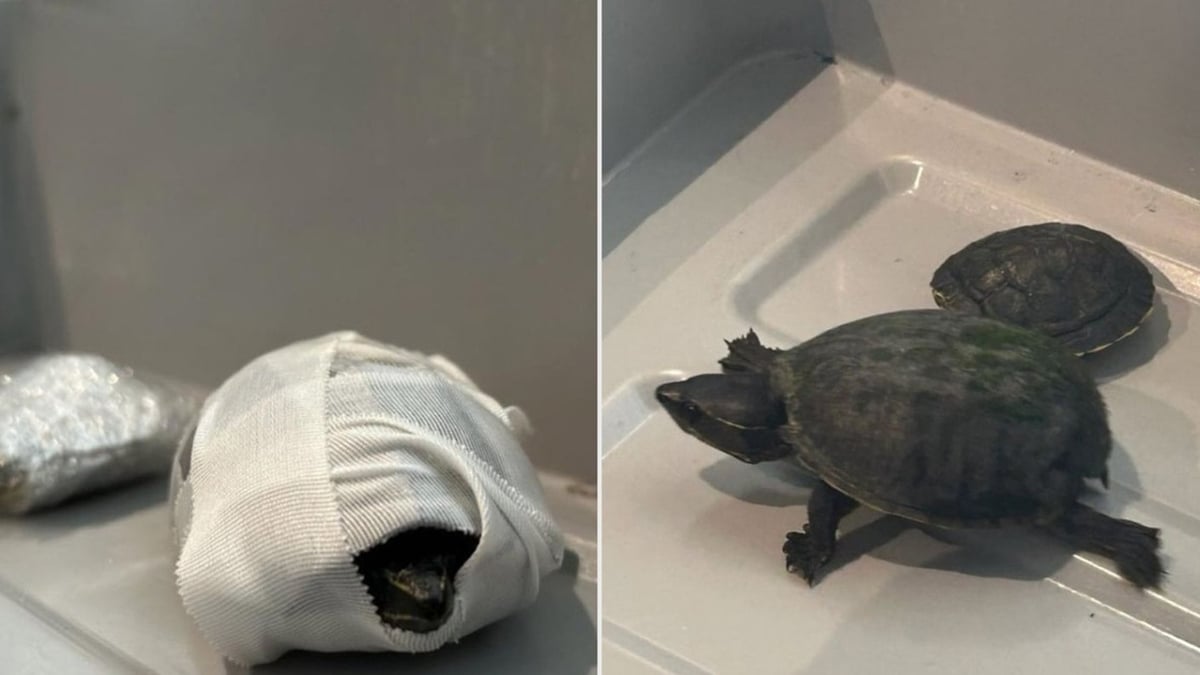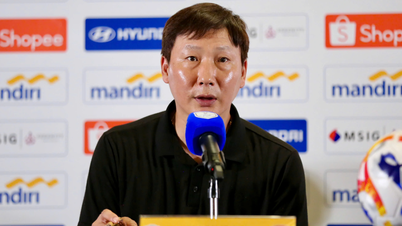The world's largest carmaker Toyota is having a tough week, with its shares falling the most in 18 months and its reputation for quality and safety under threat.
"Misfortunes never come singly"
As the saying goes, “misfortunes never come singly,” trouble has struck Toyota at the same time when its subsidiary Daihatsu was investigated for cheating on vehicle safety test results, while the Japanese auto giant, in a separate move, recalled 1 million vehicles in the US due to problems with the car’s airbags.
The saga began in April when Daihatsu admitted to “wrongful acts,” including falsifying crash test results on 88,000 vehicles produced in Thailand and Malaysia and sold over the past year. In late May, Daihatsu announced that it had discovered irregularities in the certification process for side-impact crash tests involving hybrid versions of the Daihatsu Rocky and Toyota Raize.
The violations, which included falsified test results and manipulated data, date back to 1989 but began to increase in 2014, third-party investigators said on Dec. 20.
Also on December 20, Daihatsu had to suspend deliveries of all its currently produced models, both in Japan and in global markets, mainly in Southeast Asia and Latin America. As part of the procedure, the Japanese Ministry of Transport conducted an on-site inspection of Daihatsu's headquarters in Osaka on December 21.

Daihatsu headquarters in Ikeda, Osaka, Japan, December 20, 2023. Photo: Kyodo News
Toyota, in a statement on December 20, confirmed that an independent investigation into Daihatsu had found 174 new irregularities across 25 test categories for 64 vehicle models and three engine models – including 22 vehicle models and one engine model sold under the Toyota brand.
Previously, only about a dozen models were thought to be affected by the fraudulent test results, but Toyota now says almost every model in Daihatsu's lineup could be affected.
The investigation focused on the cars' airbag control units and found that the airbag control units used in crash tests were different from those used in cars actually sold to the public. Although subsequent testing showed that industry standards were still met, Toyota said there could be legal trouble.
In a separate move on December 20, Toyota announced a recall of 1 million vehicles in the US, including Toyota and Lexus models from 2020 through 2022. According to Toyota's statement, sensors in the front passenger seat may not accurately assess the weight of the passenger, resulting in the airbag not deploying as designed in some cases. Toyota will notify affected customers in February next year, the company said.
This isn't the first time Toyota has had trouble with airbags. In 2014, Toyota joined a number of other automakers in recalling millions of cars worldwide due to problems with airbags made by Takata. One report estimates that automakers have recalled 42 million cars in the U.S. alone by the end of 2022.
The airbags, which sometimes explode with enough force to send shrapnel into the passenger compartment, have been linked to more than 30 deaths and hundreds of injuries worldwide. Companies are still recalling defective vehicles. In January 2020, Toyota recalled 3.4 million vehicles worldwide because of an electronic defect that could prevent the airbags from deploying.
Crisis of confidence
But the latest revelations suggest the scope of the scandal is much larger and goes much further than previously thought, and has the potential to tarnish the automakers' reputation for quality and safety.
Daihatsu supplies cars and parts to a number of major players, including Toyota, Mazda and Subaru, which could see the scandal spill over into the rest of Japan’s auto industry.
For Toyota, rebuilding public trust in its oversight capabilities will be a challenge, as this is the second time one of its major subsidiaries has been caught cheating. Last year, Hino Motor admitted to falsifying data.
“Given that the voluntary internal inspections only found one instance of vehicle performance not meeting regulatory requirements, we believe the risk of a large-scale recall is low,” analysts at Citi Research said in a note reported by Bloomberg on Dec. 21. “However, if production is suspended for an extended period, Toyota could suffer a hit to operating profit of hundreds of billions of yen.”
Toyota shares fell as much as 5.6% in early trading in Tokyo on Dec. 21, their biggest one-day drop since May 2022. Shares of Japan's largest automaker later recovered slightly and closed down 4.0%, underperforming the benchmark Nikkei average, which fell 1.6%.

Daihatsu Motor Co. President Soichiro Okudaira (center) bows during a news conference in Tokyo on Dec. 20, 2023, as he apologizes for problems involving his company's vehicle testing. Photo: Kyodo News
Makoto Kaiami, head of the third-party investigation committee into the Daihatsu case, said the board did not believe Toyota was responsible for “wrongful acts,” but rather that Daihatsu was trying to meet the expectations it had set for itself.
Daihatsu President Soichiro Okudaira said any licenses his company obtained through fraudulent means could be revoked by authorities. Daihatsu did not know when deliveries would resume, but acknowledged the impact on its earnings would be significant.
In Toyota’s case, analysts say the impact on earnings for the world’s top automaker could be limited given its size. A one-month production halt, for example, would be equivalent to 120,000 vehicles and would cut Toyota’s revenue by 240 billion yen ($1.68 billion), said Masataka Kunugimoto, an auto analyst at Nomura.
The bigger impact could be on Daihatsu suppliers. The automaker’s supply chain in Japan includes 8,316 companies that generate 2.21 trillion yen in annual sales from Daihatsu, according to Teikoku Databank.
The scandal could cause a crisis of confidence not only for the world's largest automaker, but also for the Japanese auto industry, and is likely to lead to tighter regulations and increased scrutiny of safety testing procedures.
It is too early to predict the long-term consequences of the scandal, but it will certainly pose a major challenge for Toyota and Daihatsu in the months and years to come.
Fundamental reform
Toyota said on December 21 that “fundamental reforms” were needed to revive Daihatsu, as well as a review of its certification practices. “This will be an extremely important task that cannot be completed overnight,” the automaker said in a statement about its response to the incident.
“It requires not only a review of management and business operations, but also a review of the organization, structure, and changes in human resource development and employee awareness,” Toyota said.
“Efforts to maximize domestic and global production have created a burden that has not been addressed, and we apologize for that,” Toyota Chief Technology Officer Hiroki Nakajima said at a joint press conference with Daihatsu President Soichiro Okudaira and Vice President Hiromasa Hoshika.
Shipments have been suspended, so production is likely to slow or stop in the coming days, Hoshika said. Daihatsu has hundreds of customers in Japan, more than 10% of whom rely on the supplier for more than a tenth of their income, Hoshika said. “This will have a significant impact. There is a possibility that insurance will also become an issue,” he said.
However, no immediate management changes were announced, according to Bloomberg.

Hybrid Toyota Raize (left) and Daihatsu Rocky. Photo: Wap Car
Daihatsu produced 1.1 million vehicles in the first 10 months of 2023, nearly 40% of them overseas, according to Toyota data. The company sold about 660,000 vehicles worldwide during that period, accounting for 7% of Toyota's sales.
Daihatsu holds about 30% of the kei car market - small cars that have become particularly popular with Japanese customers - making it the industry leader over rival Suzuki.
In addition to kei cars, Daihatsu, headquartered in Osaka, is also known for its line of light vehicles and sedans popular across Japan and Southeast Asia, including the Gran Max pickup and van as well as the Terios and Xenia passenger cars.
It has been a wholly owned subsidiary of Toyota since 2016 and accounts for about 4% of Toyota Group's global vehicle sales.
Toyota is the world's leading automaker by vehicle sales, selling 10.5 million vehicles in 2022, far exceeding the 8.3 million sold by the Volkswagen Group. Daihatsu and Hino Motors, another Toyota subsidiary, produced 909,000 vehicles sold by Toyota.
Hino has also been in trouble. Last year, its truck and bus subsidiary admitted to falsifying emissions data on some engines since 2003. That scandal affected more than 640,000 vehicles and also led to production halts .
Minh Duc (According to Bloomberg, Reuters, Fortune)
Source




































































![[Photo] National Assembly Chairman Tran Thanh Man receives Chairman of Morocco-Vietnam Friendship Association](https://vphoto.vietnam.vn/thumb/402x226/vietnam/resource/IMAGE/2025/7/26/b5fb486562044db9a5e95efb6dc6a263)


































Comment (0)